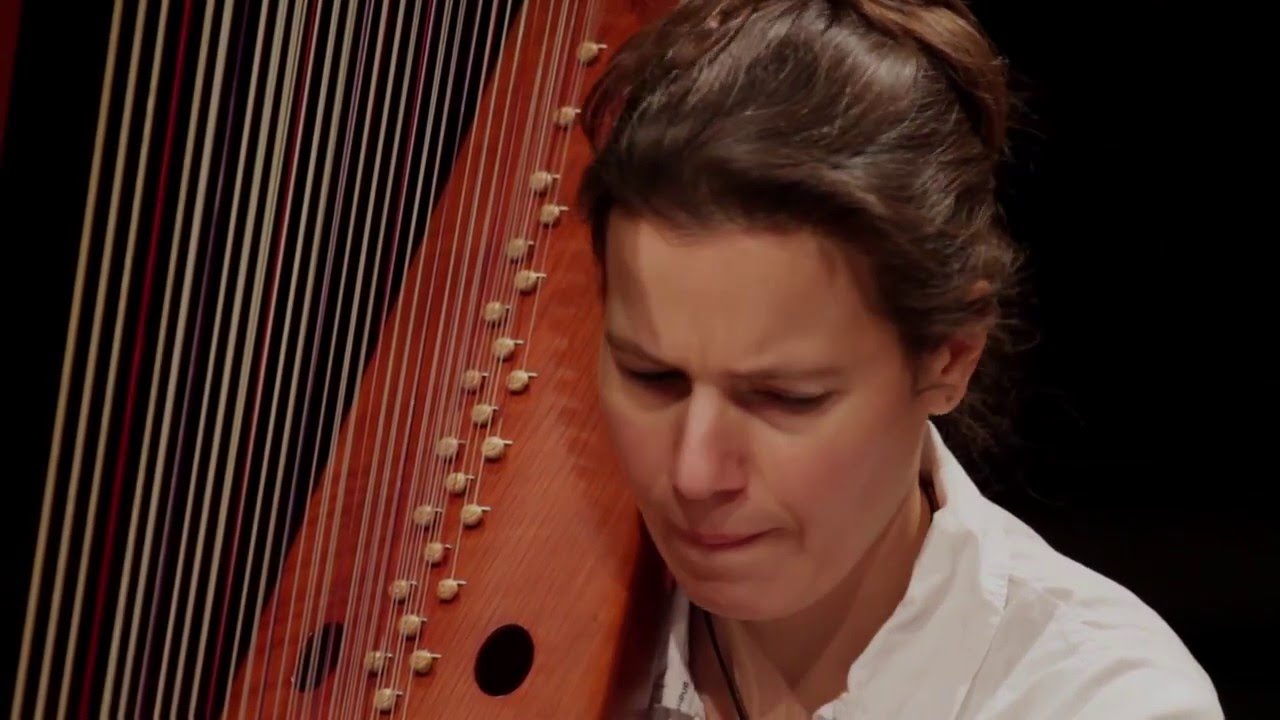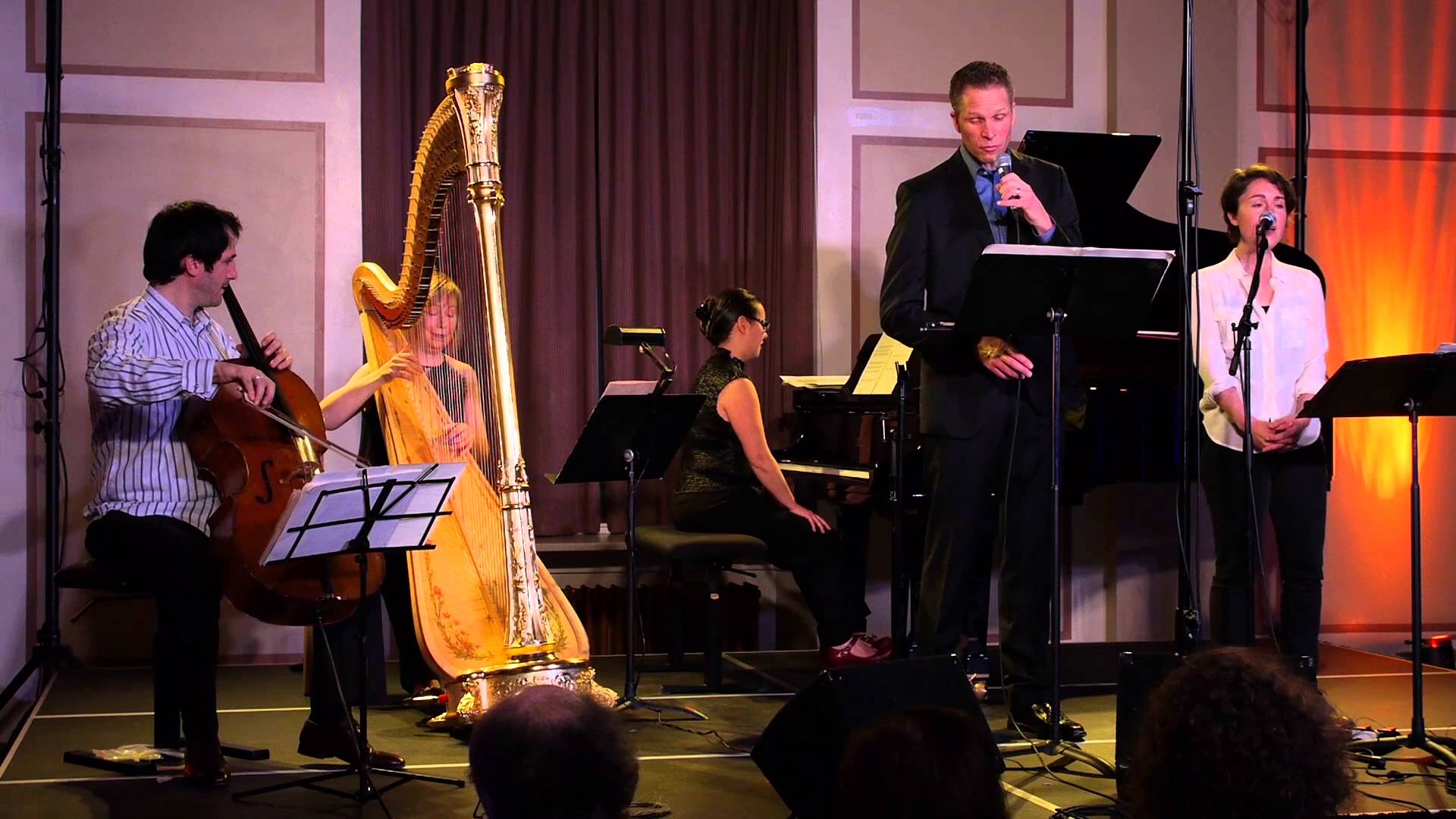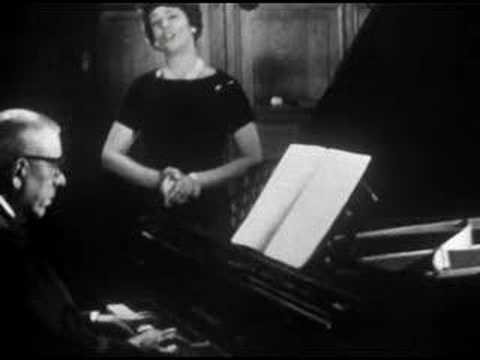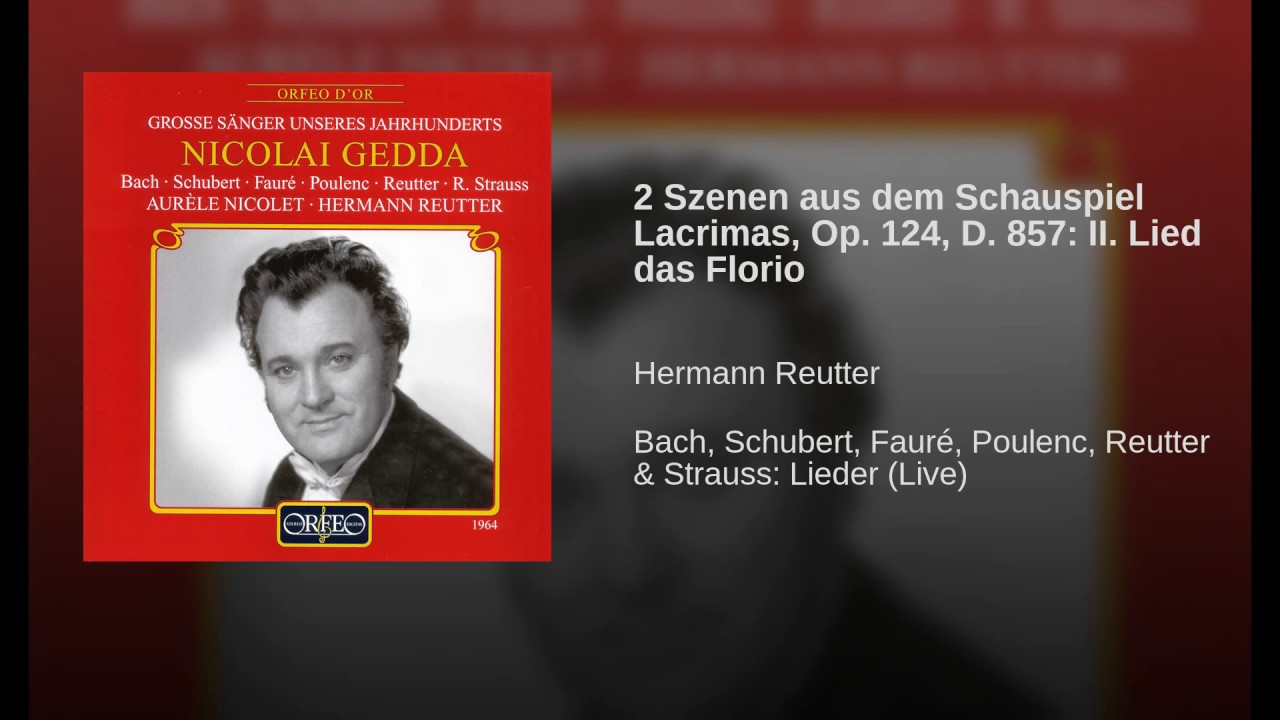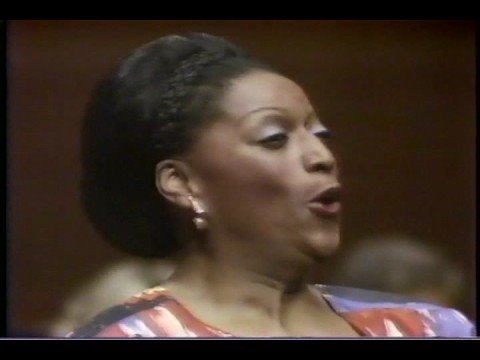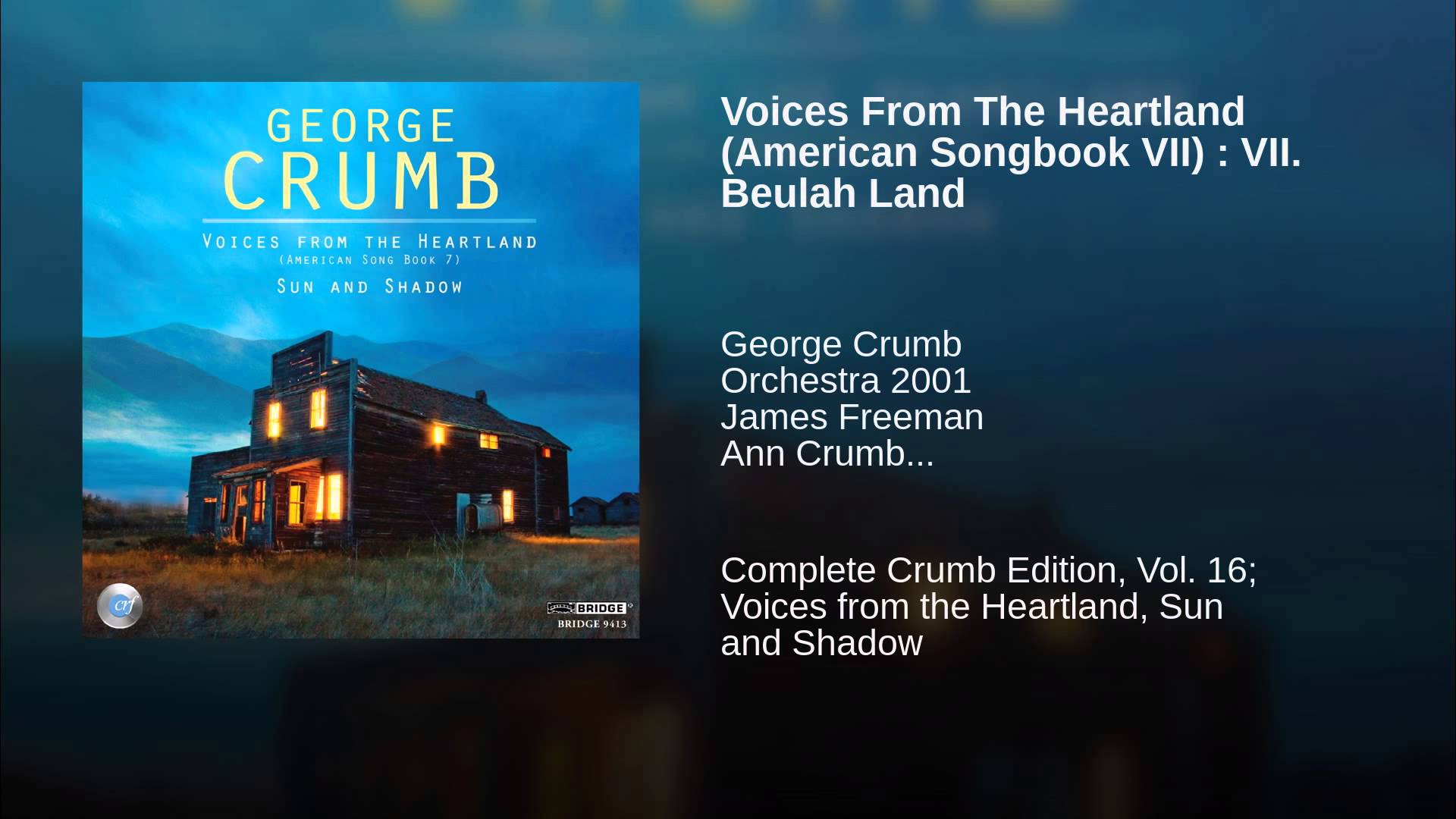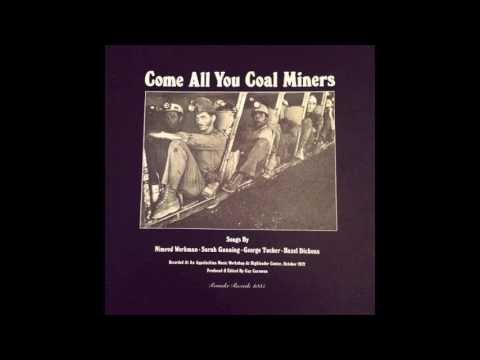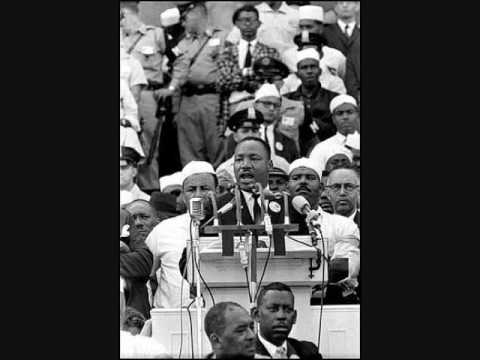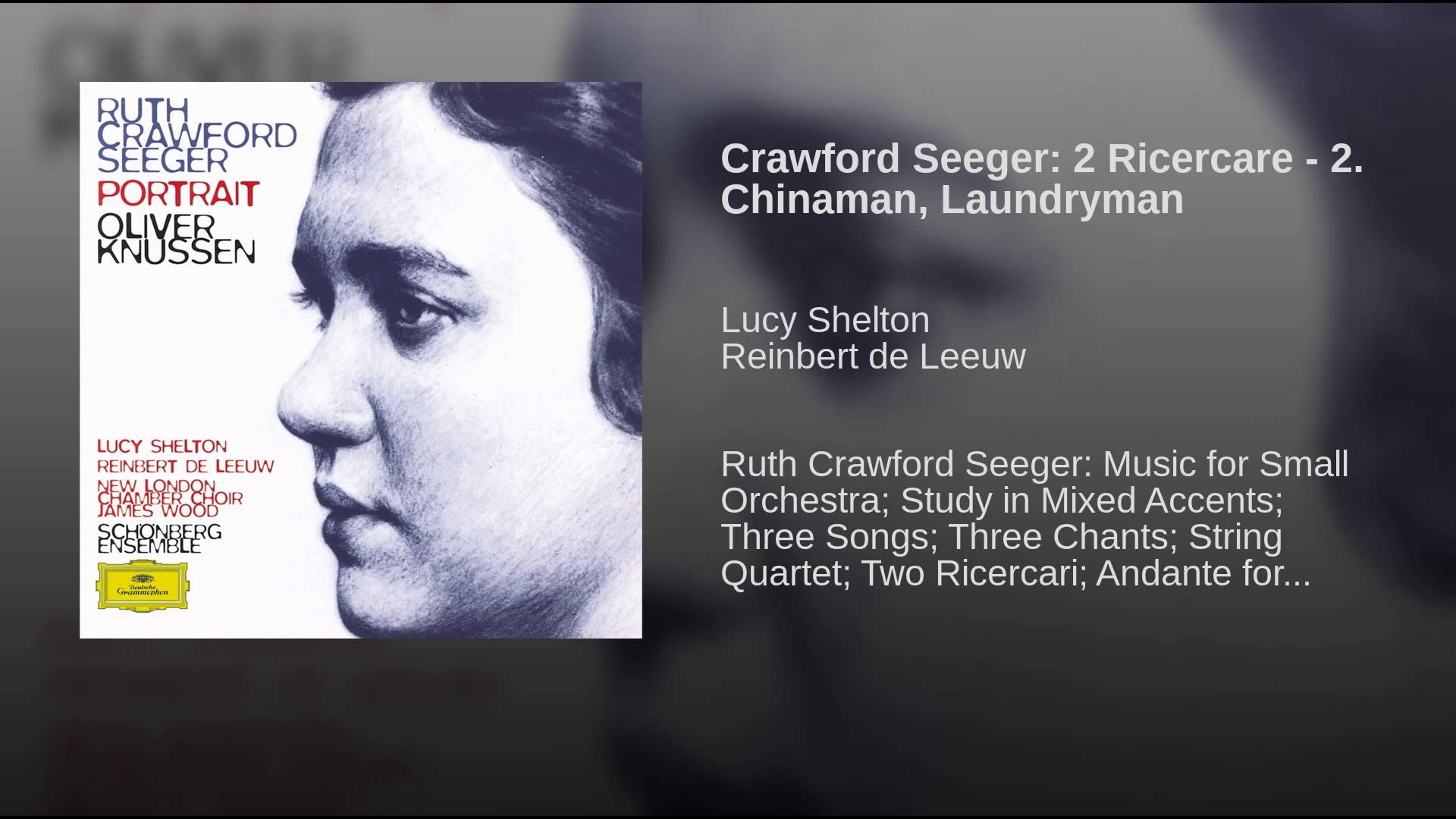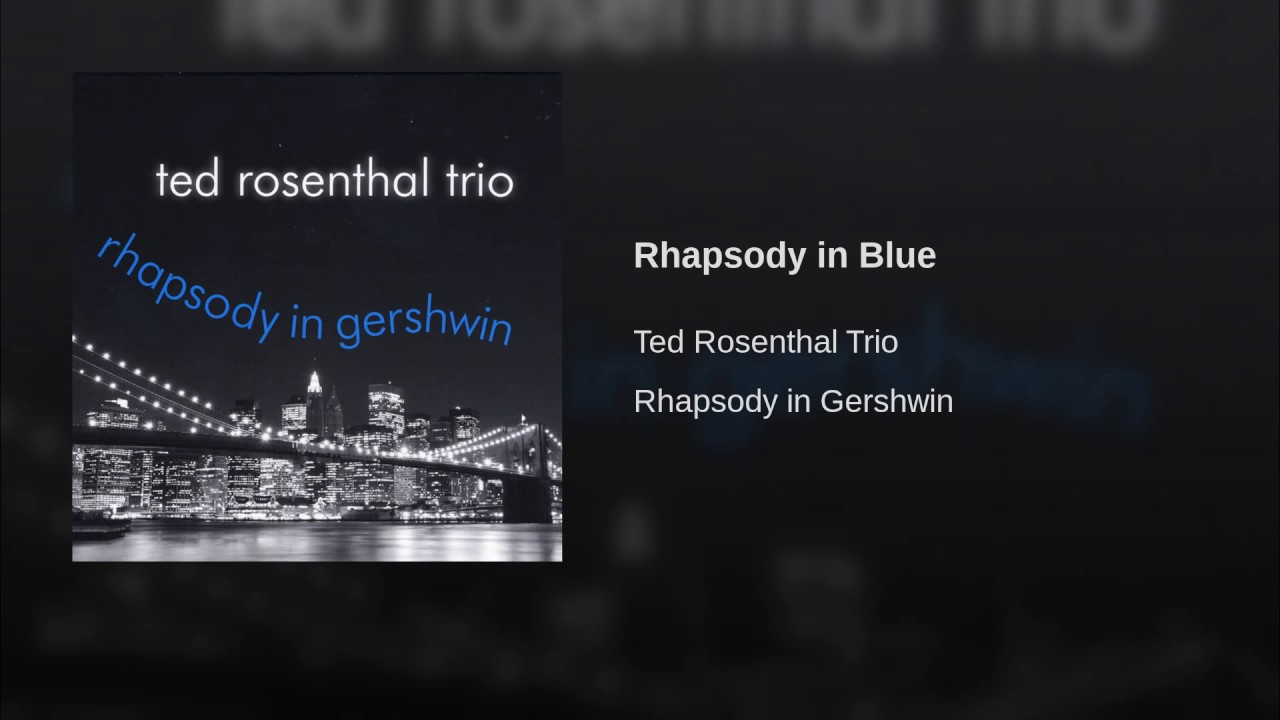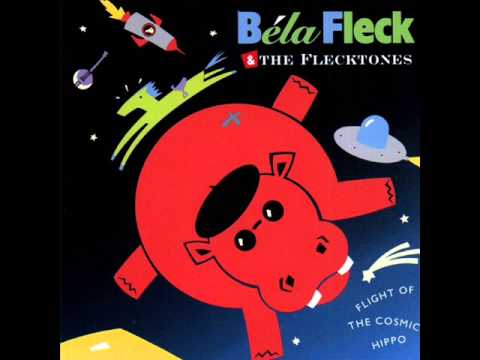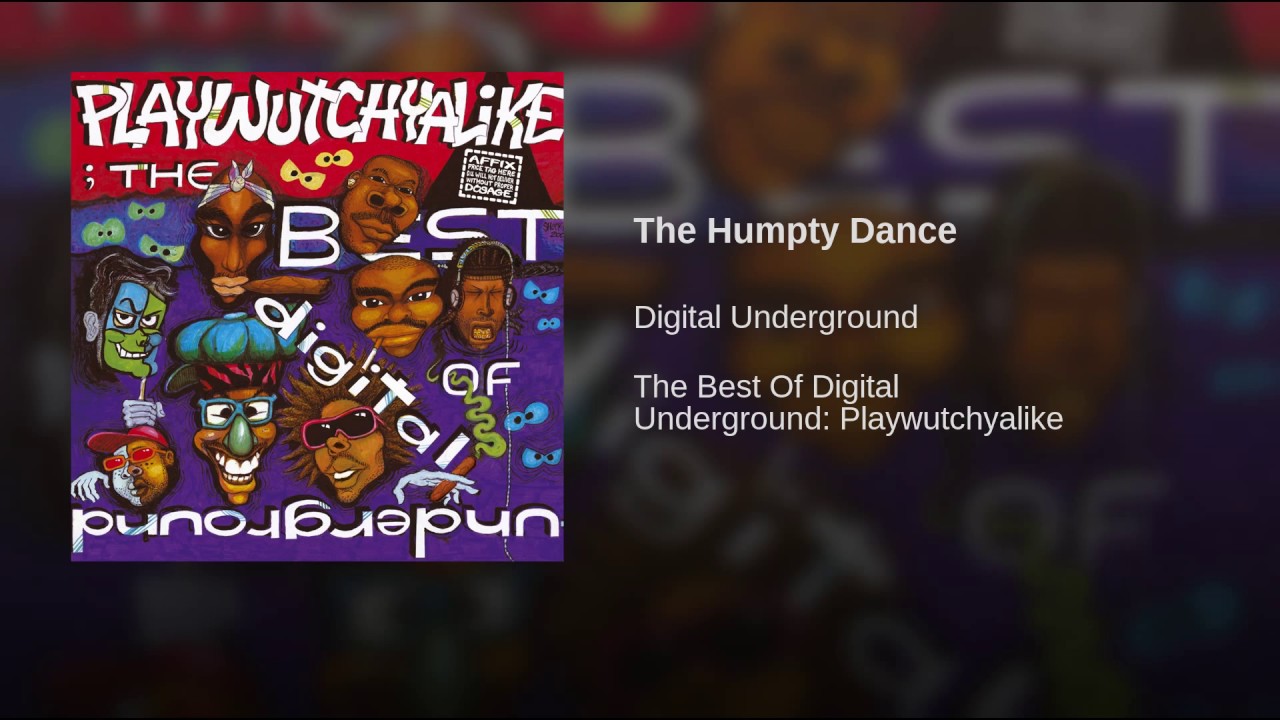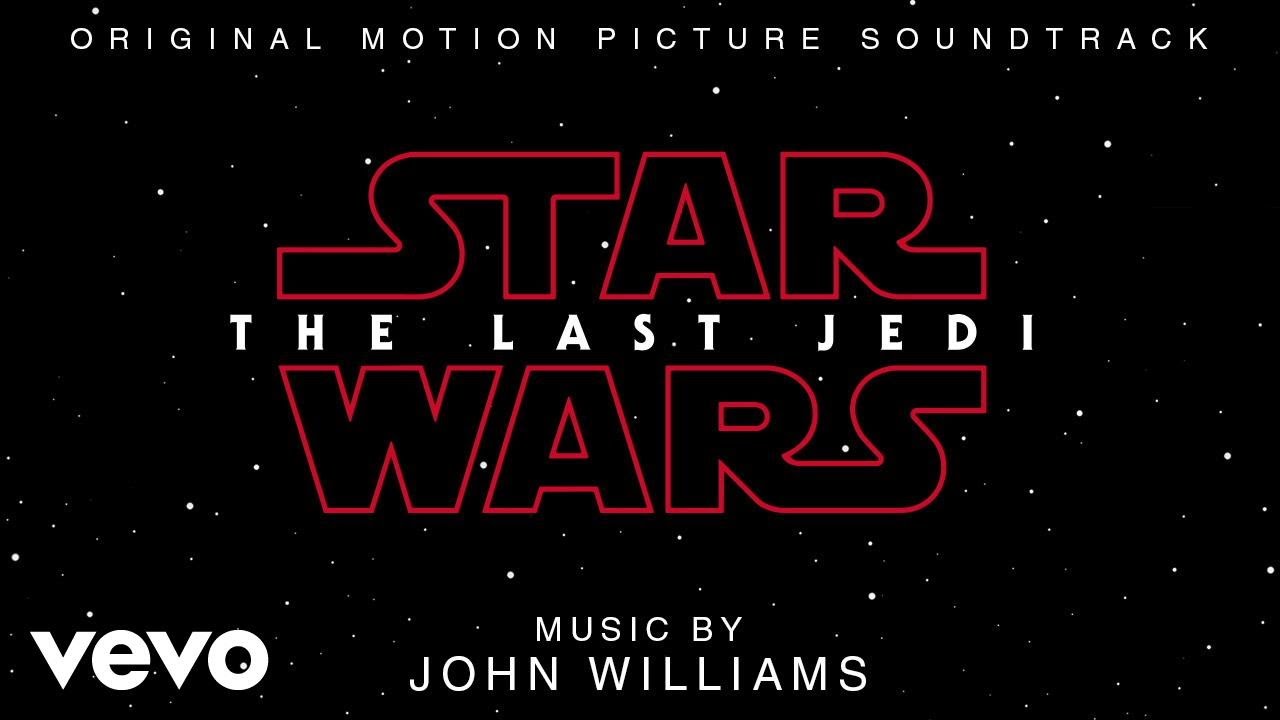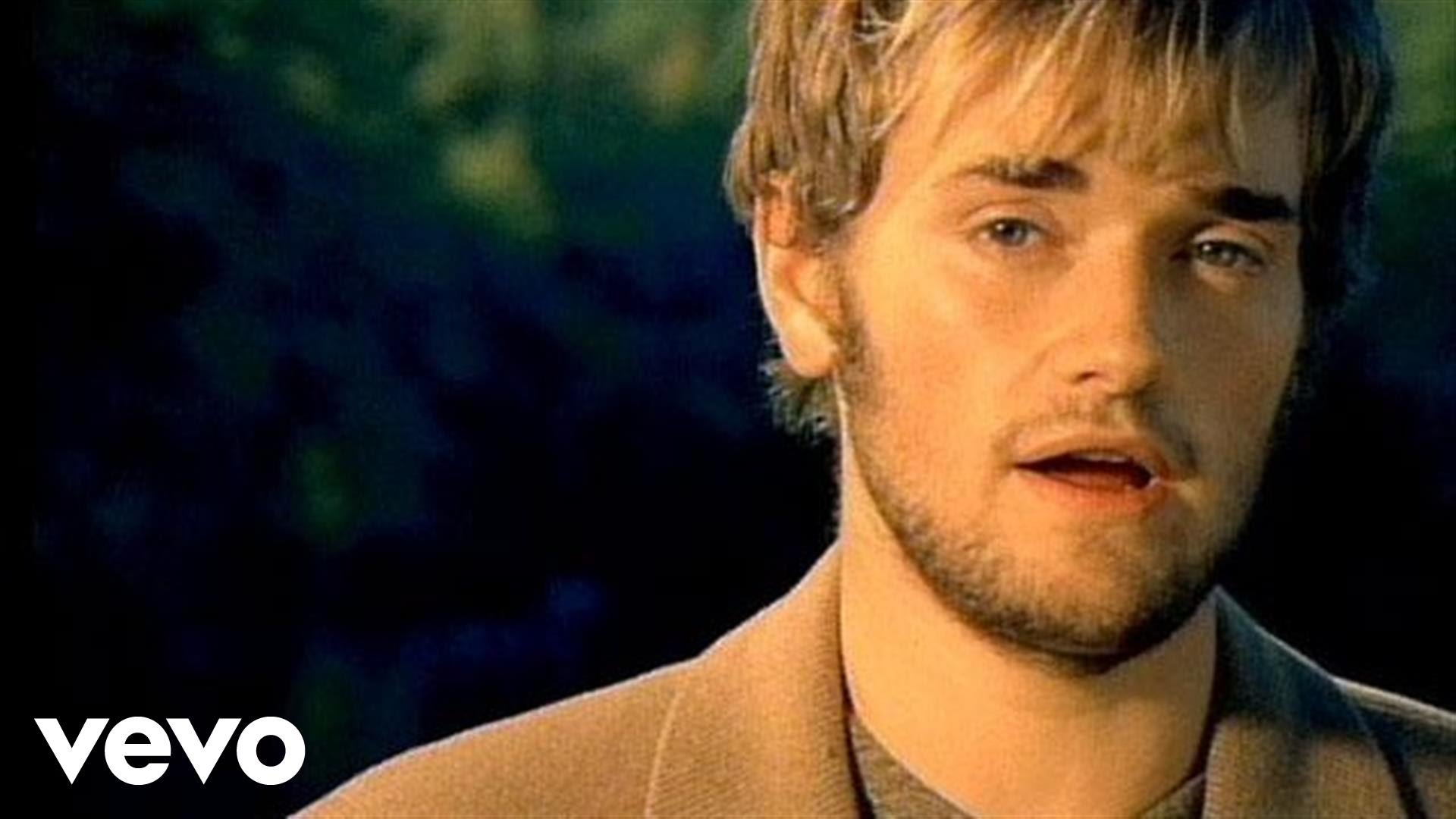Guilio Caccini: Perfidissino volto
For the last 10 years, I’ve spent nearly every waking hour thinking about early music, as the administrative director of Juilliard Historical Performance. So I could not let the opportunity to share songs with the erudite NYFOS audience pass by without at least one example of repertoire from whence it all started. This is a piece from the early days of sung drama by Giulio Caccini. It’s from a set of songs called Le nuove musiche (The New Music) that aimed to explore new possibilities of expression. Imagine being there for the first time this piece was ever heard!
Caroline Shaw: Winter Carol
Back in the day, specialization in music was unheard of. To be a musician was to be a composer, performer, multi-instrumentalist (hello, Mozart), improviser, and/or impresario. If you played the oboe in a Baroque orchestra, for example, you probably also played the recorder, and you may have sung as well. Caroline Shaw is a modern-day incarnation of this ideal—a remarkably versatile musician who is expert at many things.
Francis Poulenc: Quelle aventure!
Ever fallen down the YouTube rabbit hole? You know, you innocently start looking for something and three hours later you look up from your iPad, having forsaken all social niceties (and biological necessities), and wonder what happened to the afternoon? I don’t know who has the time to load every video ever made in the history of media, but I for one am thankful that it’s all there.
Franz Schubert: Lied das Florio
Schubert. So many songs, and yet so few of them are heard in performance. Here is one of my favorite lesser known gems sung by the amazing Nicolai Gedda. For me, he’s the perfect mix of bel canto ease and just plain class. And I, for one, don’t mind that the recording has not been airbrushed to perfection using all the gewgaws of modern-day recording technology. There are a few blemishes in pitch and tone that make it all the more human. And it’s a really hard song!
Joshua Blue
Artist of the Month features British-American tenor Joshua Blue. A current Masters degree student at The Juilliard School, Joshua received the Ellen Lopin Blair award for First Place in the Lyndon Woodside Oratorio-Solo Competition held annual by the Oratorio Society of New York last spring, as well as an Emerging Artist Award in the 2017 Opera Index Competition in New York City. A NYFOS Emerging Artist program alum, Mr. Blue will return to NYFOS at the end of the month in our Protest program in NYC and Hudson, NY.
Gustav Mahler: Ich bin der Welt abhanden gekommen
The question, “what should music do?” seems to always be in the air. And artists, critics, theorists and music lovers constantly provide new answers. Music should comfort. Music should challenge the powerful. Music should be beautiful. Music should bring people together. Truisms. Often we wrap our answers around our ideas around what we see as most needed in the world. These days I am interested more in what music does.
George Crumb: Beulah Land
Folk songs written by West Virginians born in the 1920s. Progressive, utopian even, they are visions of an American future. George Crumb, pioneer of sound and music, has become a prolific setter of American folk songs in the last few decades. From the songs he has set and the industrial-mystical hollow and full soundscapes he creates around them, it seems that Appalachia, and his home state of West Virginia specifically are on his mind.
Hazel Dickens: Black Lung
One of the things I love about the Highlander Center, perched on a hill in eastern Tennessee overlooking the Smokey Mountains, is that it points to the history and continuing possibility of cultural appreciation and political alignment between rural and urban working class communities.
We Shall Overcome
So, how do we get from the austere and atonal grandeur of Ruth Crawford’s lament “Sacco and Vanzetti,” to the uplifting hymn tune and civil rights anthem of “We Shall Overcome.” First, shout-out to composer Nate May for making the connection. In 1932 Ruth Crawford married fellow composer, musicologist, and political lefty Charles Seeger Jr, father of then thirteen-year-old Pete Seeger.
Ruth Crawford: Sacco and Vanzetti
The process of making music with Steve Blier and NYFOS is always an exploration that demands equal parts intellectual and emotional integrity. I’ve been back in the studio with Steve this month as we gear up for the upcoming Protest concert at Merkin Hall, bridging the gap, or finding a union between, my activist and musical impulses. Inspired by that work, I’m going to take this week of posts to trace a line through progressive American song writing of the 20th century
Verdi: Solenne in quest’ora
But then, in a single clarifying moment, the course of my life would be forever changed. I was playing a video game on my computer, and decided to put on a CD that a friend let me borrow. I was just half listening to it in the background… and then, my operatic innocence was shattered by the most powerful high C I’d heard in my young naive life. Franco Corelli, at the end of Di quella pira. I sat there in kind of a shocked stunned silence…and then listened to it several more times.
Iron Maiden: The Number of the Beast
But, before I jump into the music, I want give a bit of background on how I came to have such strange musical tastes. I grew up in a very conservative part of central Pennsylvania. We lived in a small farmhouse with Amish next door neighbors and no cable… heck, the internet didn’t even exist yet. I didn’t know what I didn’t know, and life was safe and predictable. I remember listening to my parents’ records which were mostly religious music, some classical, and oldies.
Lil’ Dicky: Pillow Talking
Before we jump into it, I just want to say that there is SO much good and important hip-hop being made right now and I’m barely going to scratch the surface (and suffer from an abundance of whiteness), so go find someone with a much better perspective than I, and listen to as much as you can. That said, since I’ve set this blog up as “what do I have on my phone”… what am I listening to at the moment?
Andy Hull and Robert McDowell: Montage
The impact that music has on a movie cannot be overstated. It literally becomes an invisible omnipresent character that manipulates us, both with its presence and its absence…No discussion on the topic would be complete without mentioning one of the greatest composers ever to write for film; Erich Korngold. I’m currently traveling with both his Adventures of Robin Hood score, and his incidental music for Much Ado About Nothing. His music is transfixingly beautiful, and should not be missed. But, again, no voices… my search continues.
The Punch Brothers: You Are
…Once I set myself this somewhat arbitrary but completely necessary boundary, I immediately knew what I wanted to share on the first day… something from the bluegrass genre by Chris Thile. Mr Thile is an extraordinary mandolin player, in addition to a singer, composer, and now host of the Public Radio program Live From Here (formerly titled A Prairie Home Companion).


